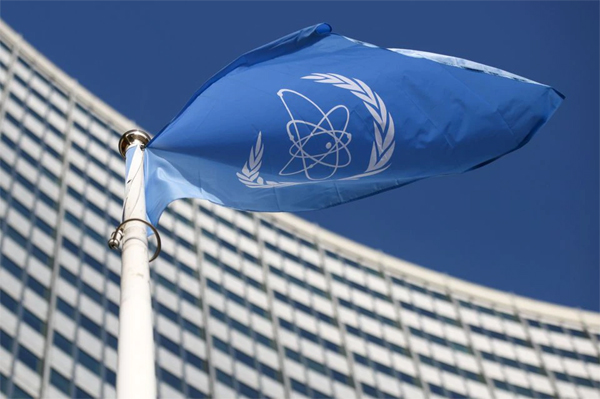
Francois Murphy, Reuters
VIENNA
EnergiesNet.com 06 07 2022
Brazil has initiated discussions with the International Atomic Energy Agency (IAEA) aimed at clearing the way for it to use nuclear fuel in a submarine for the first time, the U.N. watchdog’s chief, Rafael Grossi, said on Monday.
Brazil is developing a nuclear-powered submarine under a contract with French defence company Naval Group. Brazil is designing its reactor.
So far no party to the nuclear Non-Proliferation Treaty, such as Brazil, has a nuclear submarine, other than the five permanent (P5) members of the U.N. Security Council, also known as nuclear-weapon states: the United States, Russia, China, France and Britain.
Nuclear submarines, which can remain at sea far longer than other submarines, pose a proliferation challenge because they operate beyond the reach of IAEA inspectors. read more
“Another important development is that related to Brazil’s formal communication to initiate discussions with the (IAEA)Secretariat on an arrangement for Special Procedures for the use of nuclear material under safeguards in nuclear propulsion and in the operation of submarines and prototypes,” Grossi said in a statement to a quarterly meeting of the IAEA Board of Governors.
“I commend Brazil for its transparent approach and decision to work closely with the Agency on this important project.”
Last year the United States, Britain and Australia, collectively known as AUKUS, initiated a similar discussion with the IAEA on plans for Australia to acquire nuclear submarines through a transfer of U.S. technology. [nL1N2QI0K9]
Australia is also a party to the NPT. Neither it nor Brazil has nuclear weapons.
The only non-P5 country to have a nuclear submarine is India. It has nuclear weapons but is not an NPT signatory and is therefore not subject to comprehensive IAEA verification and inspections.
Grossi expressed his “satisfaction with the engagement and transparency shown by the three (AUKUS) countries thus far” in their discussions.
Editing by Mark Heinrich and Leslie Adler
reuters.com 06 06 2022












